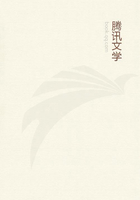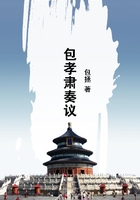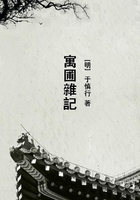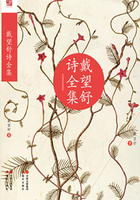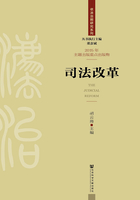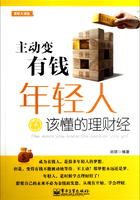It is much to be regretted, we think, that Sir James Mackintosh did not wholly devote his later years to philosophy and literature. His talents were not those which enable a speaker to produce with rapidity a series of striking but transitory impressions, and to excite the minds of five hundred gentlemen at midnight, without saying anything that any one of them will be able to remember in the morning. His arguments were of a very different texture from those which are produced in Parliament at a moment's notice, which puzzle a plain man who, if he had them before him in writing, would soon detect their fallacy, and which the great debater who employs them forgets within half an hour, and never thinks of again. Whatever was valuable in the compositions of Sir James Mackintosh was the ripe fruit of study and of meditation. It was the same with his conversation. In his most familiar talk there was no wildness, no inconsistency, no amusing nonsense, no exaggeration for the sake of momentary effect. His mind was a vast magazine, admirably arranged.
Everything was there; and everything was in its place. His judgments on men, on sects, on books, had been often and carefully tested and weighed, and had then been committed, each to its proper receptacle, in the most capacious and accurately constructed memory that any human being ever possessed. It would have been strange indeed if you had asked for anything that was not to be found in that immense storehouse. The article which you required was not only there. It was ready. It was in its own proper compartment. In a moment it was brought down, unpacked, and displayed. If those who enjoyed the privilege--for a privilege indeed it was--of listening to Sir James Mackintosh had been disposed to find some fault in his conversation, they might perhaps have observed that he yielded too little to the impulse of the moment. He seemed to be recollecting, not creating. He never appeared to catch a sudden glimpse of a subject in a new light. You never saw his opinions in the making, still rude, still inconsistent, and requiring to be fashioned by thought and discussion. They came forth, like the pillars of that temple in which no sound of axes or hammers was heard, finished, rounded, and exactly suited to their places. What Mr. Charles Lamb has said, with much humour and some truth, of the conversation of Scotchmen in general, was certainly true of this eminent Scotchman. He did not find, but bring. You could not cry halves to anything that turned up while you were in his company.
The intellectual and moral qualities which are most important in a historian, he possessed in a very high degree. He was singularly mild, calm, and impartial in his judgments of men, and of parties. Almost all the distinguished writers who have treated of English history are advocates. Mr. Hallam and Sir James Mackintosh alone are entitled to be called judges. But the extreme austerity of Mr. Hallam takes away something from the pleasure of reading his learned, eloquent, and judicious writings. He is a judge, but a hanging judge, the Page or Buller of the High Court of Literary justice. His black cap is in constant requisition. In the long calendar of those whom he has tried, there is hardly one who has not, in spite of evidence to character and recommendations to mercy, been sentenced and left for execution. Sir James, perhaps, erred a little on the other side. He liked a maiden assize, and came away with white gloves, after sitting in judgment on batches of the most notorious offenders. He had a quick eye for the redeeming parts of a character, and a large toleration for the infirmities of men exposed to strong temptations. But this lenity did not arise from ignorance or neglect of moral distinctions. Though he allowed perhaps too much weight to every extenuating circumstance that could be urged in favour of the transgressor, he never disputed the authority of the law, or showed his ingenuity by refining away its enactments. On every occasion he showed himself firm where principles were in question, but full of charity towards individuals.
We have no hesitation in pronouncing this Fragment decidedly the best history now extant of the reign of James the Second. It contains much new and curious information, of which excellent use has been made. But we are not sure that the book is not in some degree open to the charge which the idle citizen in the Spectator brought against his pudding; "Mem. too many plums, and no suet."

